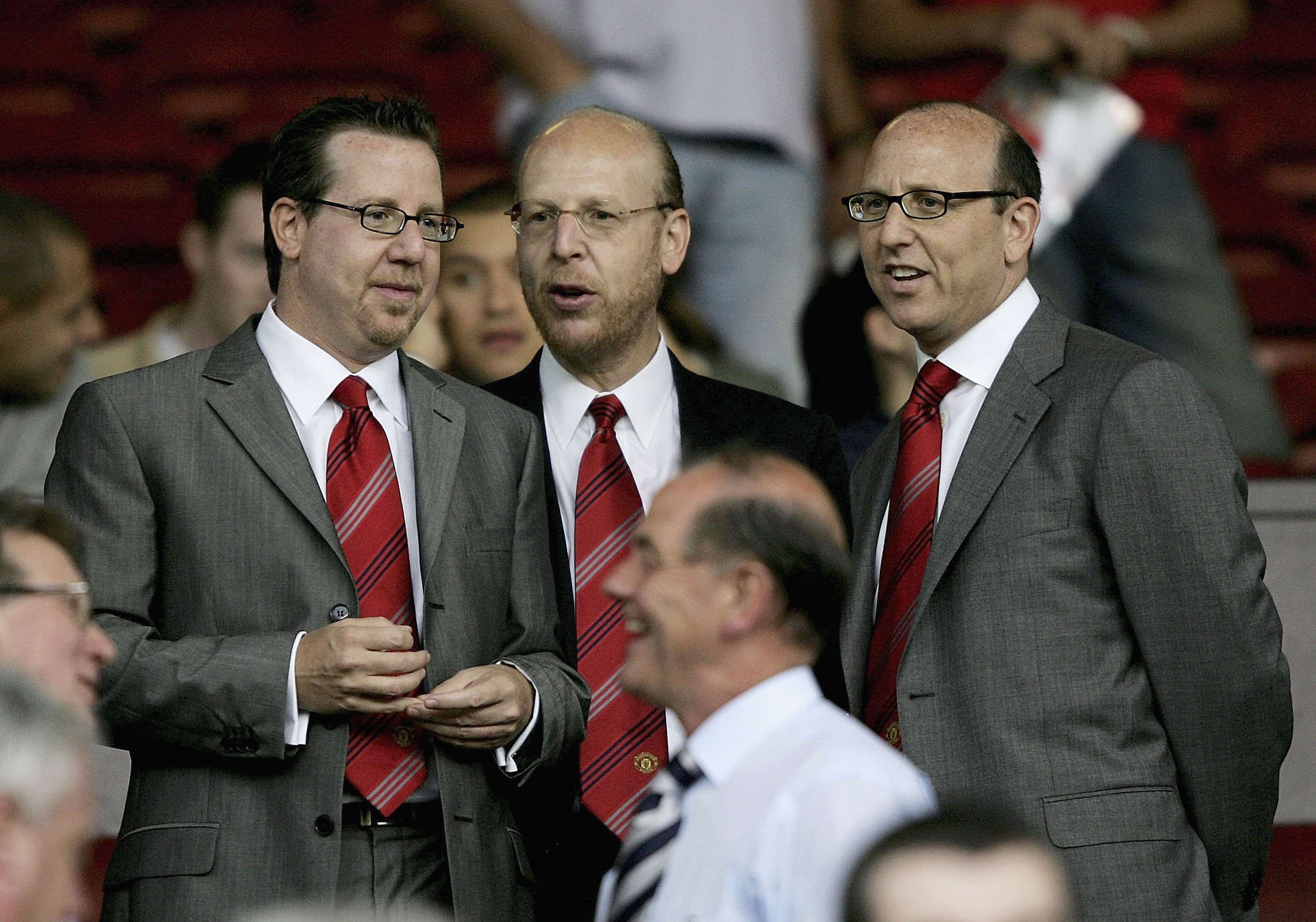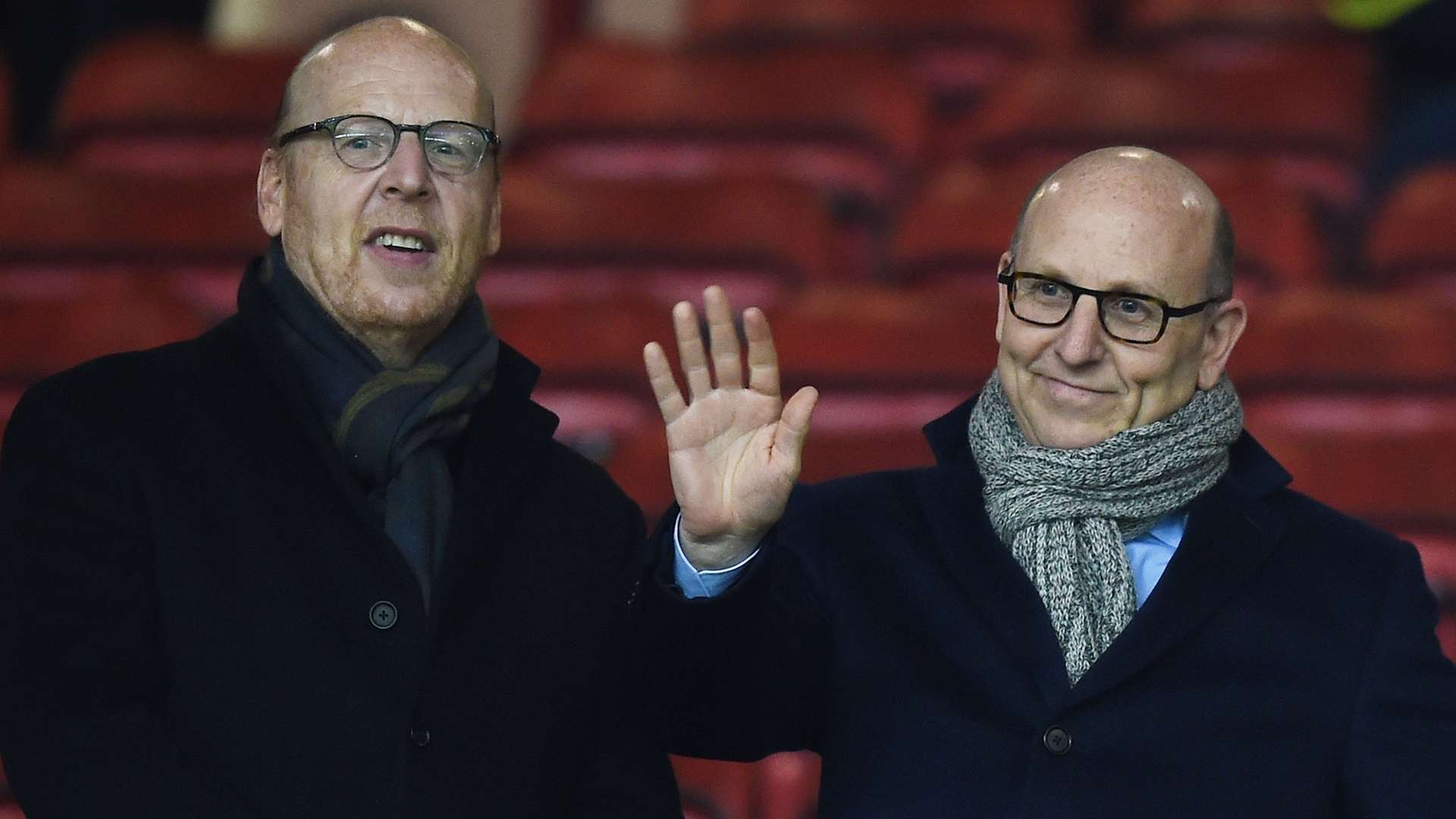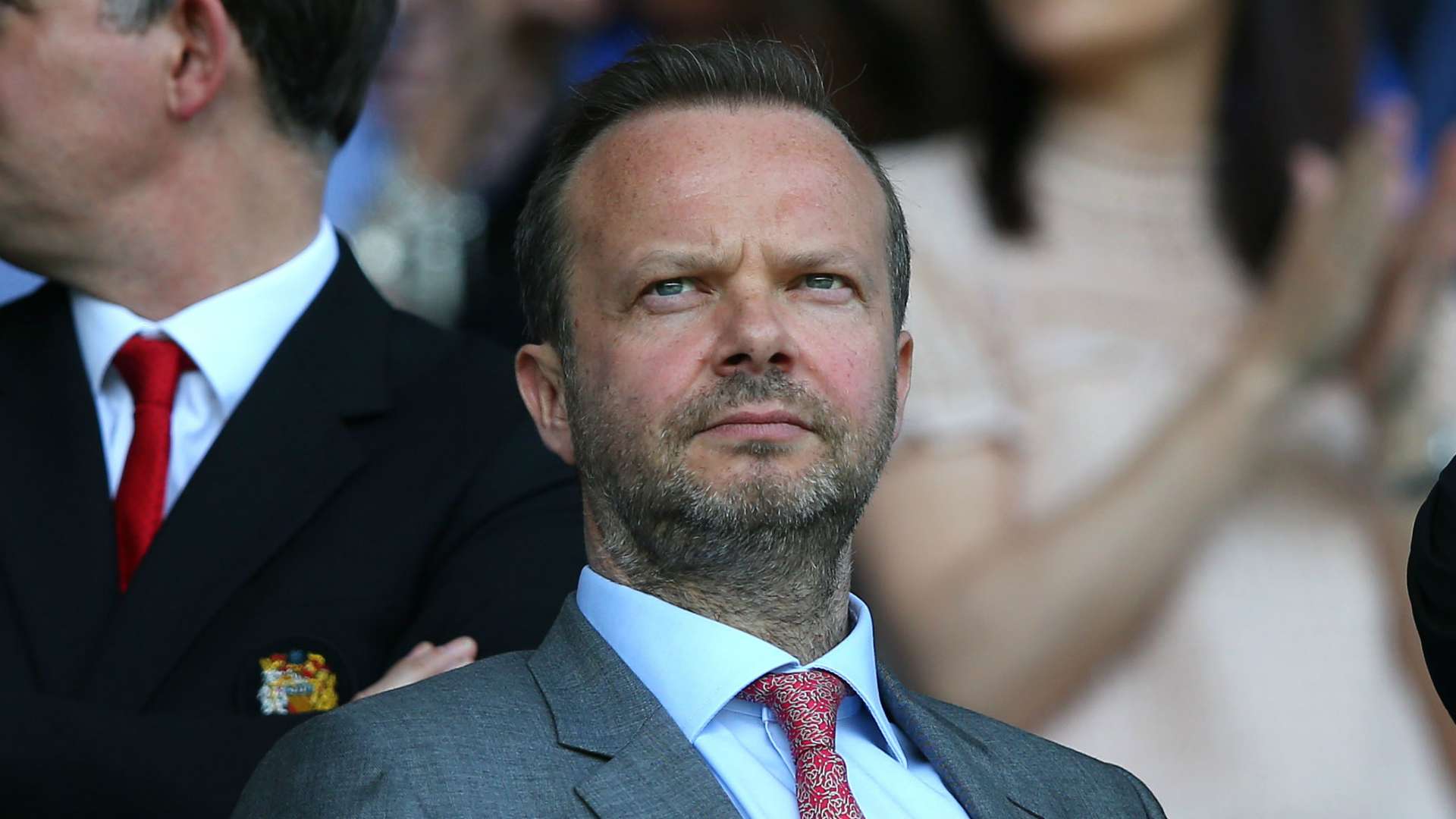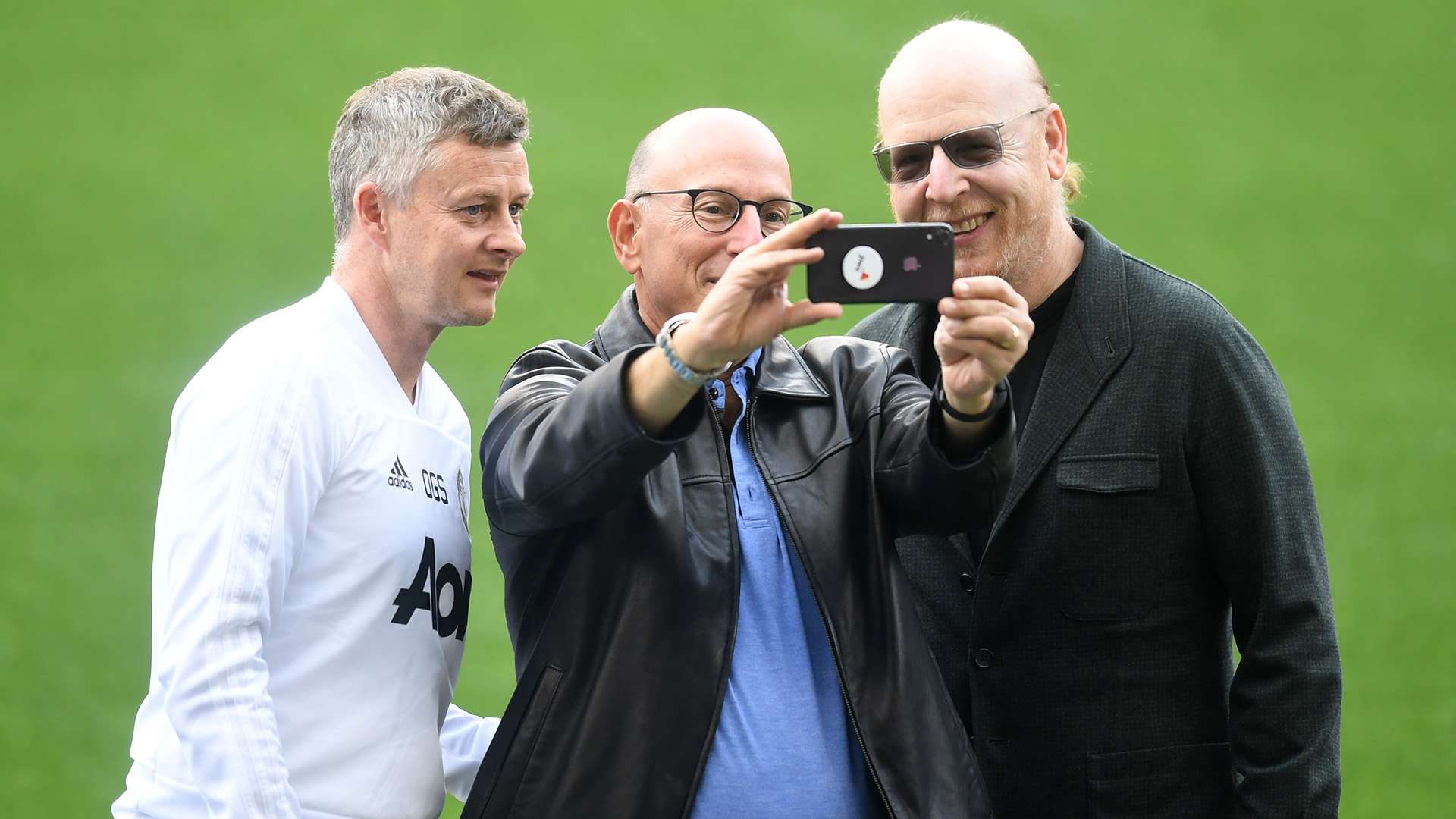Manchester United co-owner Kevin Glazer is reportedly preparing to sell his shares in the club on the New York Stock Exchange.
The American has filed documents which allow him to convert his preferential voting shares to shares that have 10 times less voting power. Those shares can then be sold to individuals and funds like other public companies.
Since the report first surfaced, there have been competing claims over what it might mean for United, with some financial experts even claiming that this could be the first step towards the Glazers selling all of their shares in the club.
Consequently, Goal has decided to break down the current ownership situation at Old Trafford and attempt to shed some light on what the future holds for England's most successful team.
Who owns Manchester United?
One can only really consider the Glazer family to be the owners of United. They possess the vast majority of the voting rights that come with any available shares, which means that as long as they are in agreement with one another, there is not much that can be done by anybody else.
Next Match
However, there are some other parties who can claim to at least own part of United.
The Glazer family floated some shares – with reduced voting influence – on the New York Stock Exchange, which means that pretty much anyone can buy at least one share of Manchester United.
At the moment, the biggest holder of the shares on the stock exchange is a fund run by Ron Baron, an American investor, and a British fund called Lindsell Train, which invests in some of the most famous brands in the world.
Who is Kevin Glazer?
Kevin Glazer is one of six siblings in the Glazer family along with Joel, Avram, Bryan, Edward and Darcie.
Joel, Bryan and Avram are the public face of the United ownership, occasionally making appearances at Old Trafford.
 Getty
Getty
It was their father, Malcolm, who oversaw the takeover of Manchester United in 2004, and he passed on his business empire to his children when he died in 2014.
Kevin Glazer was at one time chairman of the First Allied Corporation, which is the holding company for the Glazer family’s various business interests.
The family also own the Tampa Bay Buccaneers, a long-struggling NFL team, and a huge network of shopping malls across America.
What happens if Kevin Glazer sells his Man Utd shares?
Kevin Glazer selling his shares does not necessarily mean anything. However, it could signify the start of several potentially important developments.
If Glazer sells all his shares on the stock exchange, then the voting shares retained by the rest of the Glazer family would see them controlling proportionately more of the club. There would still be no real chance of a rival investor buying shares on the open market and forcing change at the club.
However, it would be nonetheless interesting if Kevin is, in fact, considering selling his holdings.
If he wanted to achieve a higher price, his best option is probably to wait until an enormously wealthy individual, or a sovereign wealth fund, offers to buy the family out at a premium to the current valuation.
 Getty
Getty
Recent reports suggest that a bid of $3 billion (£2.3bn) would not be enough to persuade the Glazers to sell up, and that a figure closer to $4bn (£3.1bn) may be required.
If Kevin is not prepared to wait for such an offer to materialise, then his easiest exit from the club would be to sell directly on the stock exchange, even if that would mean a smaller windfall.
As Glazer is listing his shares and no other family member is doing the same, there is also the possibility that while he wants to sell out, the rest of the family are happy remaining at the club for the foreseeable future.
Another possibility is that Kevin merely wants the flexibility to be able to sell some or all of his shares, and that this is a technical exercise, as the club have claimed, to afford him that option.
When did the Glazers buy Manchester United?
The Glazer family began acquiring shares in March 2003 and, by October, that stake had increased to just under 9 per cent. By the end of June 2004, the Glazer family were in complete control of the club and forced out the remaining shareholders.
The Glazers used around two-thirds of a billion pounds ($859 million) of debt to finance the purchase of the club, and once they had control of the club, they made Manchester United responsible for its repayment.
While the global financial crisis of 2008-09 threatened to make that debt unmanageable, it has been since refinanced and repaid to a much less worrying net debt of £203.6m ($254m).
Why are the Glazers unpopular with Manchester United fans?
The Glazer takeover was opposed by some fans and fan organisations, and some have boycotted Old Trafford ever since.
The disgruntled supporters believed that placing hundreds of millions of pounds in debt on the club would dent their ability to compete in the transfer market, and under Sir Alex Ferguson the club spent much less money than it could reasonably have afforded.
However, due to the Scot's fantastic management skills, the club continued to rack up trophies. The argument remains, though, that United could have won even more trophies before Ferguson's retirement in 2013 had he been backed even more in the transfer market.
It is worth noting, though, that United's spending has increased significantly in the interim yet the club haven't won the Premier League title since Ferguson stood down.
 Getty
Getty
David Moyes, Louis van Gaal and Jose Mourinho were all dismissed because of poor results but all three claimed to have been undermined by poor quality signings, meaning executive vice-chairman Ed Woodward's role is now coming under increasing scrutiny.
However, while United have been performing poorly on the field in recent seasons, they continue to flourish off it.
United have signed numerous corporate sponsorship deals which have largely benefited the Glazers, who have taken millions of pounds out of the club in dividends. The club continue to pay off the debt they placed upon it.
The Glazer family's lack of communication with fans and perceived indifference to the club's on-field fortunes have done little to improve their image, which explains why some supporters hope that Kevin Glazer possibly selling his shares will ultimately lead to a change in ownership.


